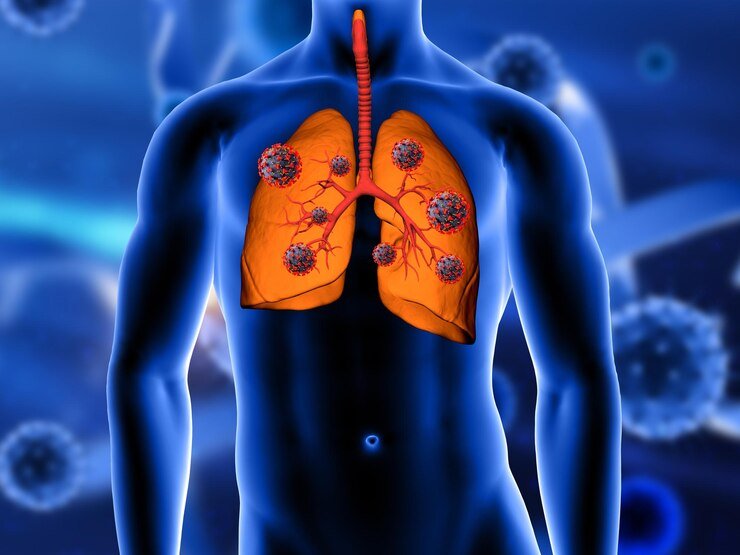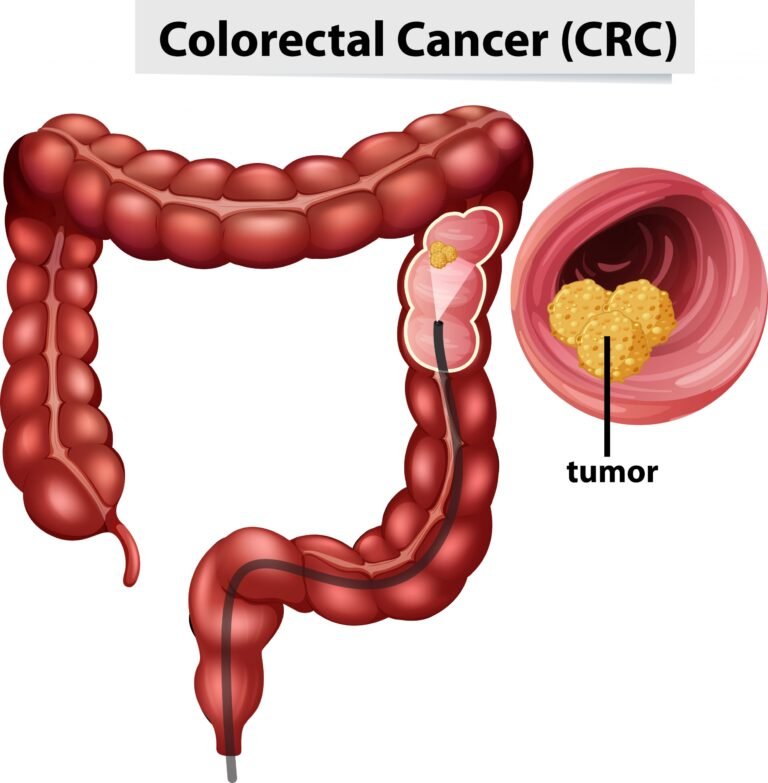Immunotherapy And Targeted Therapies In Lung Cancer Management
Lung cancer continues to be one of the most challenging and prevalent forms of cancer worldwide, causing significant morbidity and mortality. Traditionally, treatment options for lung cancer have primarily consisted of surgery, chemotherapy, and radiation therapy. However, the emergence of immunotherapy and targeted therapies has revolutionized the landscape of lung cancer management, offering new hope and improved outcomes for patients.
To Know More About It Please Click Here
Understanding Immunotherapy and Targeted Therapies
Immunotherapy and targeted therapies represent two distinct yet complementary approaches to treating lung cancer. Immunotherapy works by harnessing the body’s immune system to recognize and destroy cancer cells, whereas targeted therapies focus on specific molecular alterations within cancer cells to inhibit their growth and proliferation.
Immune Checkpoint Inhibitors
One of the most significant advancements in immunotherapy for lung cancer is the development of immune checkpoint inhibitors (ICIs). These drugs target proteins such as programmed cell death protein 1 (PD-1) and programmed death ligand 1 (PD-L1), which cancer cells use to evade detection by the immune system. By blocking these checkpoints, ICIs enhance the immune system’s ability to recognize and attack cancer cells.
Targeted Therapies
Targeted therapies, on the other hand, are designed to interfere with specific molecular pathways that drive the growth and survival of cancer cells. In lung cancer, targeted therapies often focus on mutations in genes such as epidermal growth factor receptor (EGFR), anaplastic lymphoma kinase (ALK), ROS1, and BRAF. By targeting these genetic alterations, targeted therapies can effectively inhibit tumor growth and improve patient outcomes.
Personalized Medicine
One of the key advantages of both immunotherapy and targeted therapies is their potential for personalized treatment approaches. Through molecular profiling of tumor tissue, clinicians can identify specific genetic alterations or biomarkers that drive an individual patient’s cancer. This information enables the selection of the most appropriate therapy, leading to better response rates and reduced side effects.
Clinical Efficacy
Numerous clinical trials have demonstrated the efficacy of immunotherapy and targeted therapies in lung cancer management. In patients with advanced non-small cell lung cancer (NSCLC), immune checkpoint inhibitors have shown significant improvements in overall survival compared to traditional chemotherapy. Similarly, targeted therapies have produced remarkable responses in patients with actionable mutations, such as EGFR or ALK alterations.
Combination Therapies
Furthermore, researchers are exploring the potential benefits of combining immunotherapy with other treatment modalities, such as chemotherapy, radiation therapy, and targeted therapies. These combination approaches aim to enhance anti-tumor immune responses and overcome resistance mechanisms, ultimately improving treatment outcomes for patients with lung cancer.
Challenges and Future Directions
Despite the promise of immunotherapy and targeted therapies, several challenges remain in their widespread adoption and optimization. These include identifying predictive biomarkers, managing immune-related adverse events, and overcoming resistance mechanisms. Additionally, access to these therapies, particularly in resource-limited settings, remains a significant concern.
Looking ahead, ongoing research efforts are focused on further refining and expanding the use of immunotherapy and targeted therapies in lung cancer management. This includes the development of novel agents, exploration of combination strategies, and investigation of predictive biomarkers to guide treatment selection.
conclusion
immunotherapy and targeted therapies have emerged as transformative approaches in the management of lung cancer, offering new avenues for personalized and effective treatment. As our understanding of the underlying biology of lung cancer continues to evolve, these therapies hold great promise in improving outcomes and quality of life for patients affected by this devastating disease.








